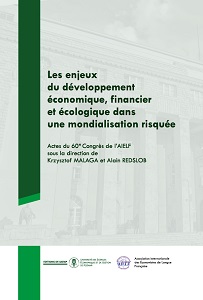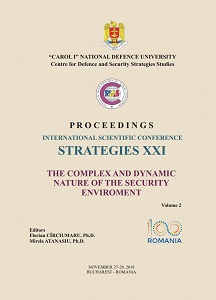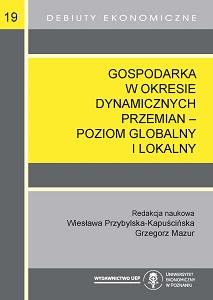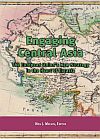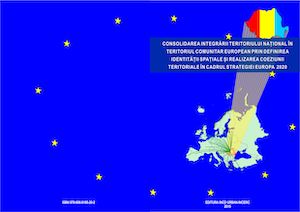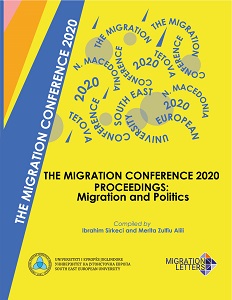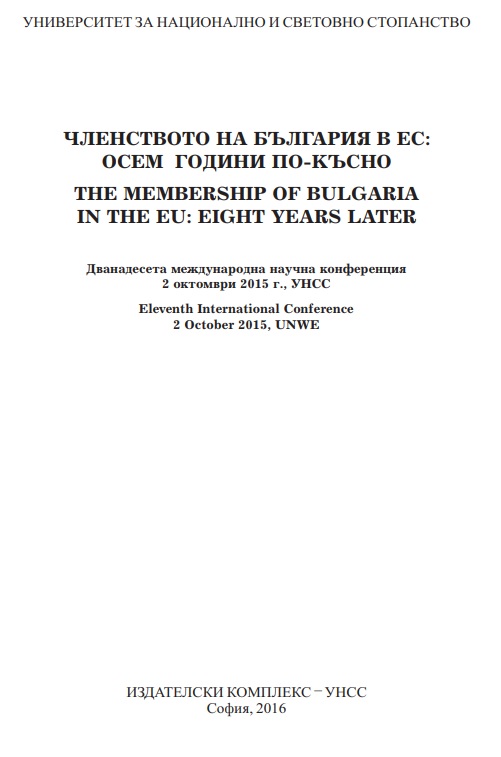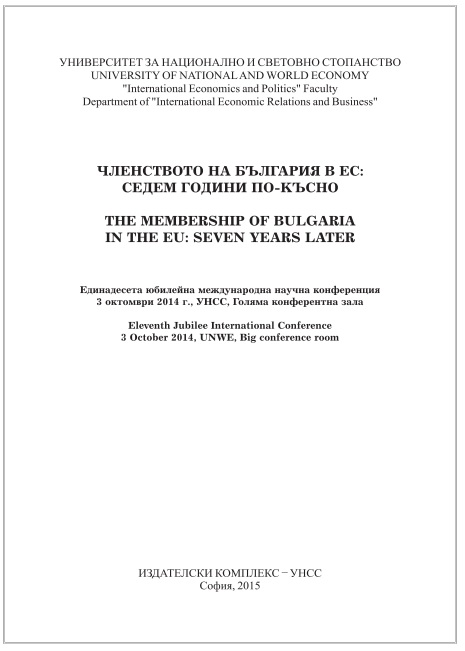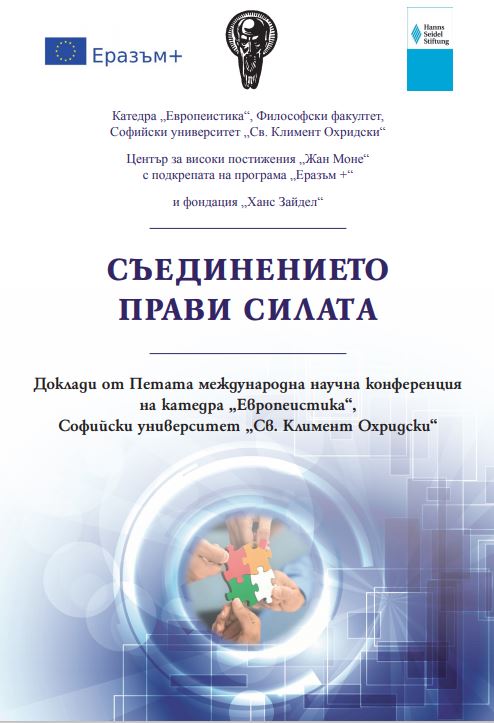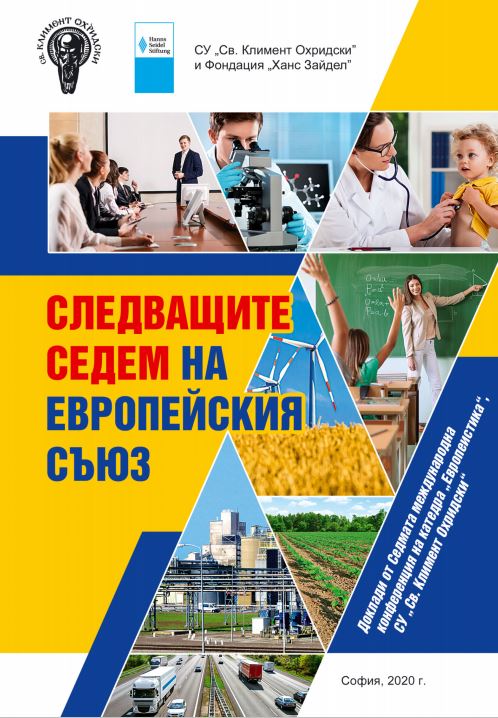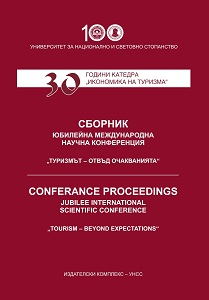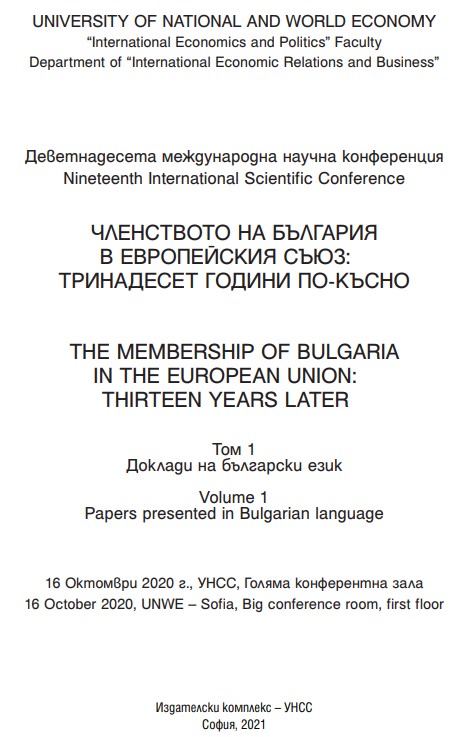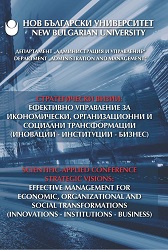
Устойчиво потребителско поведение - подходи за насърчаване на промяната
Unsustainable levels of consumption are a problem of growing importance and complexity. There is a global consensus that urgent measures are needed to curb environmental degradation and negative effects on the environment. The era of unreasonable of random and unwise consumption is coming to an end and consumers increasingly understand that their individual behaviors have a direct effect on the environment and on the lives of future generations. This paper analyzes the role of the main parties concerned with promoting sustainable consumer behavior and possible approaches for succeeding in it.
More...
